Common Challenges Faced by Homeowners When Choosing Residential Solar Solutions
As homeowners increasingly turn to sustainable energy sources, the adoption of Residential Solar solutions has surged over the past decade. According to the Solar Energy Industries Association (SEIA), the U.S. solar market has grown by over 167% since 2015, with residential solar installations accounting for about 3.2 million homes by the end of 2022. However, despite the clear benefits such as reduced energy bills and increased property values, many homeowners face significant challenges when selecting the right solar system for their needs. Factors like understanding various solar technologies, navigating financial incentives, and choosing a reliable installation service can be daunting. By examining these common hurdles, we can help empower homeowners to make informed decisions that not only benefit their household but also contribute to a greener future.
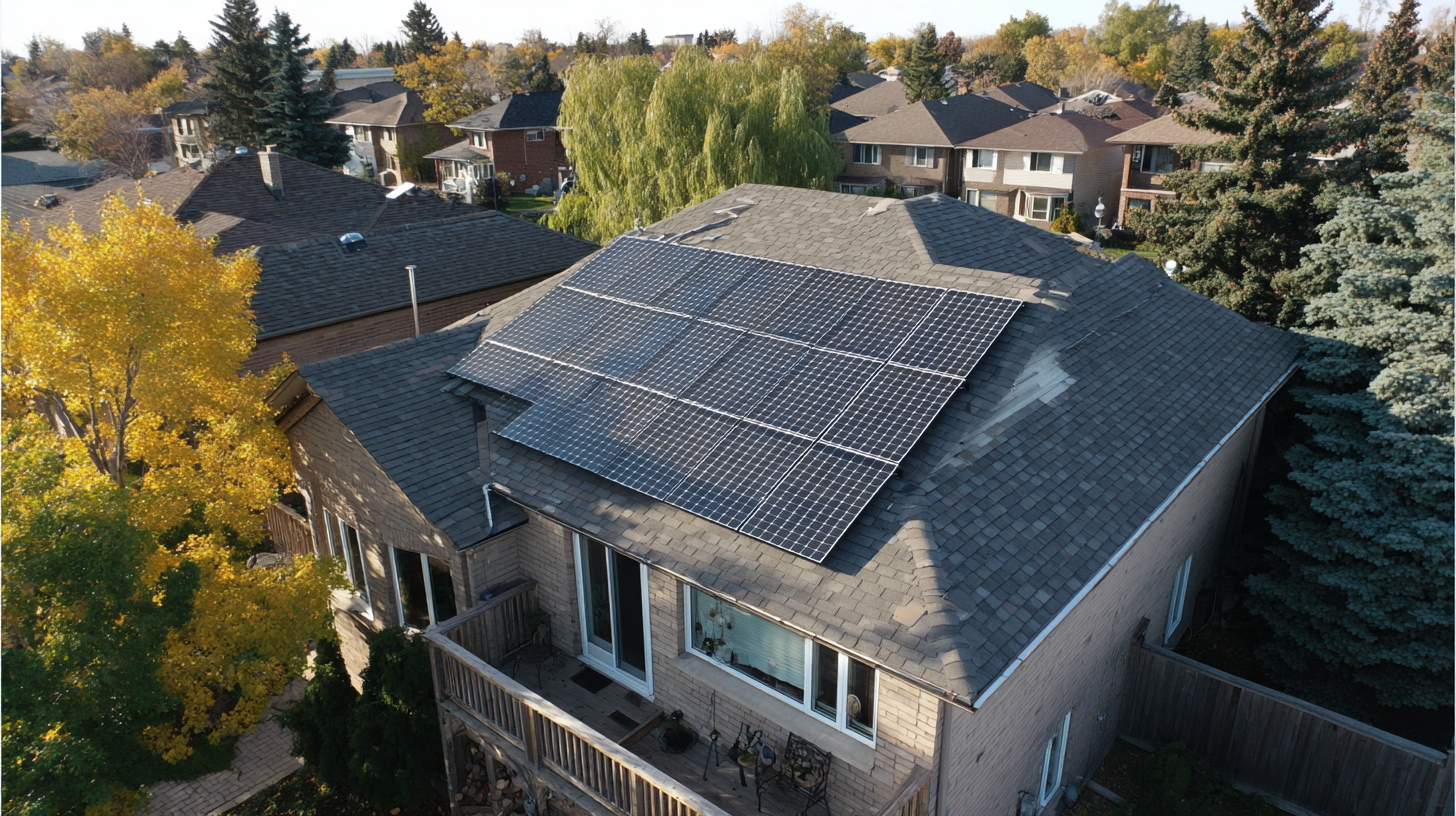
Understanding the Different Types of Residential Solar Solutions Available
When considering residential solar solutions, homeowners often encounter an array of options, each tailored to different energy needs and preferences. The most common types include
photovoltaic (PV) panels, solar water heaters, and solar roof tiles.
Photovoltaic panels are the most popular choice, as they convert sunlight directly into electricity, allowing homeowners to reduce their energy bills significantly while contributing to environmental sustainability. Their modular nature also means they can be installed on various roof types, making them a versatile option for many homes.
Solar water heaters, on the other hand, utilize sunlight to produce hot water for domestic use, making them particularly beneficial in regions with higher hot water demands. This system typically requires a separate tank and may be combined with a conventional water heater for optimal efficiency. For those looking for a more integrated approach, solar roof tiles are an innovative solution that merges energy generation with aesthetics.
These tiles not only provide the necessary roofing materials but also serve as a power source, appealing to homeowners who value both functionality and design in their solar investment. Each of these solutions presents distinct advantages and considerations, making it crucial for homeowners to carefully evaluate which system aligns best with their particular energy needs and property characteristics.
Evaluating Your Home’s Energy Needs Before Choosing Solar
When considering residential solar solutions, evaluating your home’s energy needs is a crucial step. As the global solar generator market is projected to grow from $6.3274 billion in 2025 to $10.1829 billion by 2032, homeowners must carefully assess their energy consumption patterns. This includes understanding peak usage times, appliance efficiency, and potential energy savings. Tailoring solar solutions to your specific needs not only maximizes efficiency but also enhances long-term savings.
Tips: Start by reviewing your past utility bills to identify your average monthly energy usage. Additionally, consider conducting an energy audit to pinpoint inefficiencies in your home. This assessment will help you choose the right size and type of solar panel system, ensuring you harness enough sunlight to meet your energy demands without overspending on unnecessary capacity.
Moreover, reputable brands consistently produce high-efficiency solar panels with robust warranties. Recognizing the leading players in the industry can guide you in making informed decisions for your installation. Keeping up with the latest innovations in solar technology, including advancements in panel recycling and energy storage solutions, will also contribute to a more sustainable home energy landscape.
Common Financial Challenges and Incentives for Solar Installation
When homeowners consider installing residential solar solutions, they often encounter various financial challenges that can complicate their decision-making process. The upfront costs of solar installation can be a significant barrier, making many potential buyers hesitant. This initial investment can range from thousands to tens of thousands of dollars, depending on the size and quality of the system. Additionally, homeowners may lack familiarity with potential financing options, such as loans, leases, or power purchase agreements, which could make solar energy more accessible and manageable in terms of overall costs.
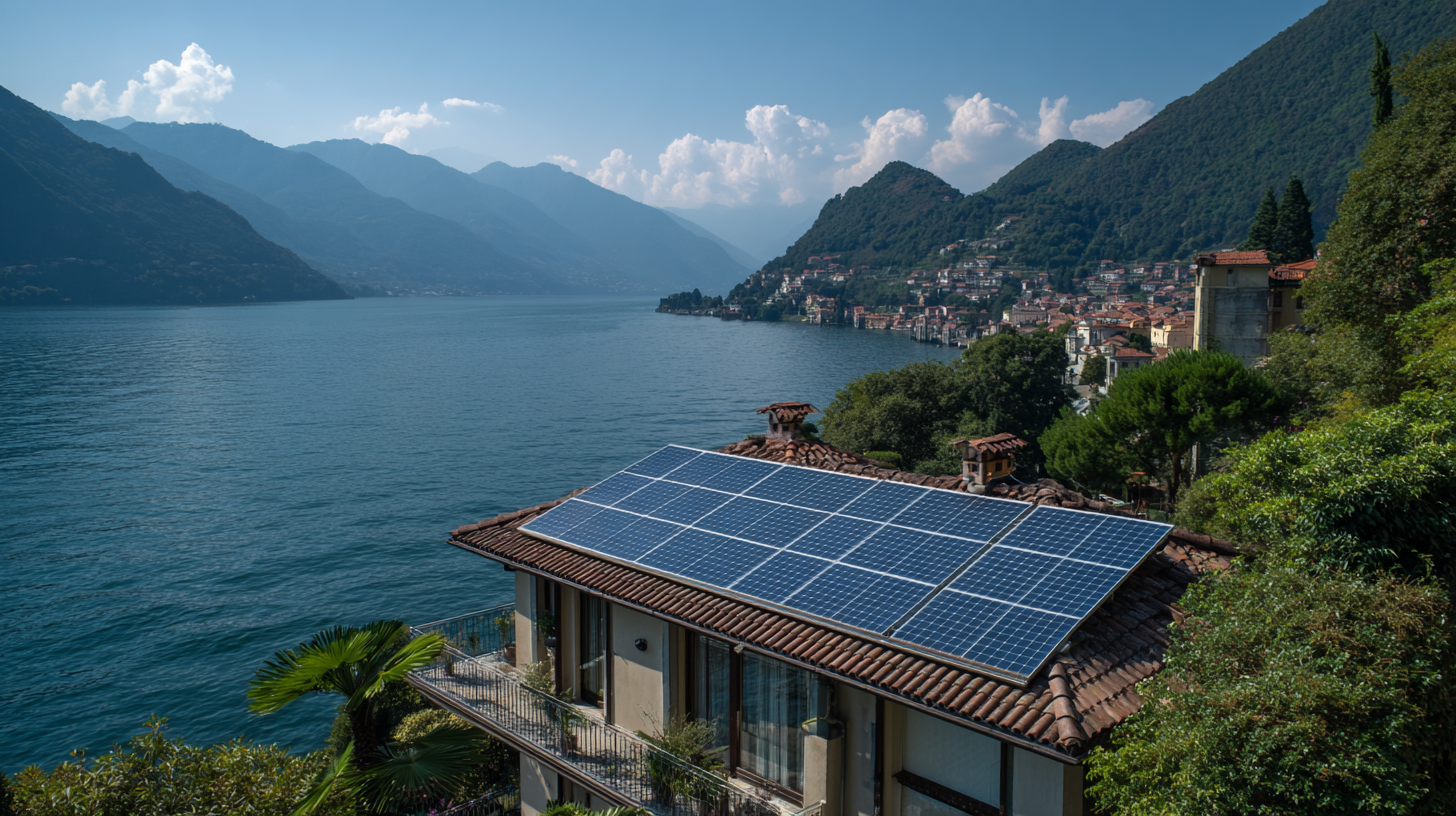
To help alleviate these financial burdens, there are numerous incentives available for homeowners. Federal and state governments offer tax credits, rebates, and grants that can drastically reduce the overall expense of solar installations. The Federal Investment Tax Credit (ITC) provides a substantial percentage off the total installation cost, encouraging more homeowners to switch to solar energy. Furthermore, many utility companies have programs that offer additional rebates or performance-based incentives. By understanding these available financial incentives, homeowners can make more informed choices and ultimately benefit from significant long-term savings on energy bills while contributing to a more sustainable future.
Addressing Installation and Maintenance Concerns with Solar Panels
When it comes to residential solar solutions, installation and maintenance concerns often top the list of challenges faced by homeowners. An increasingly popular option, solar panels can significantly reduce energy costs and carbon footprints. However, homeowners must navigate a myriad of considerations, from choosing the right panel type to addressing potential risks associated with installation.
For instance, improper installation can lead to issues such as snow hazards or water leakage, which can compromise the efficiency of the solar system and lead to costly repairs.
Maintenance of solar panels also poses challenges, as seen in recent reports highlighting difficulties faced in regions like Jaipur, where installed solar plates fail to generate electricity at full capacity due to maintenance issues. Homeowners must remain vigilant in the upkeep of their systems to ensure optimal performance. Additionally, they should be aware of insurance implications, as the proliferation of solar panels has led to various risks that insurers need to evaluate.
Understanding these nuances is vital for homeowners to make informed decisions and maximize the benefits of their solar investments.
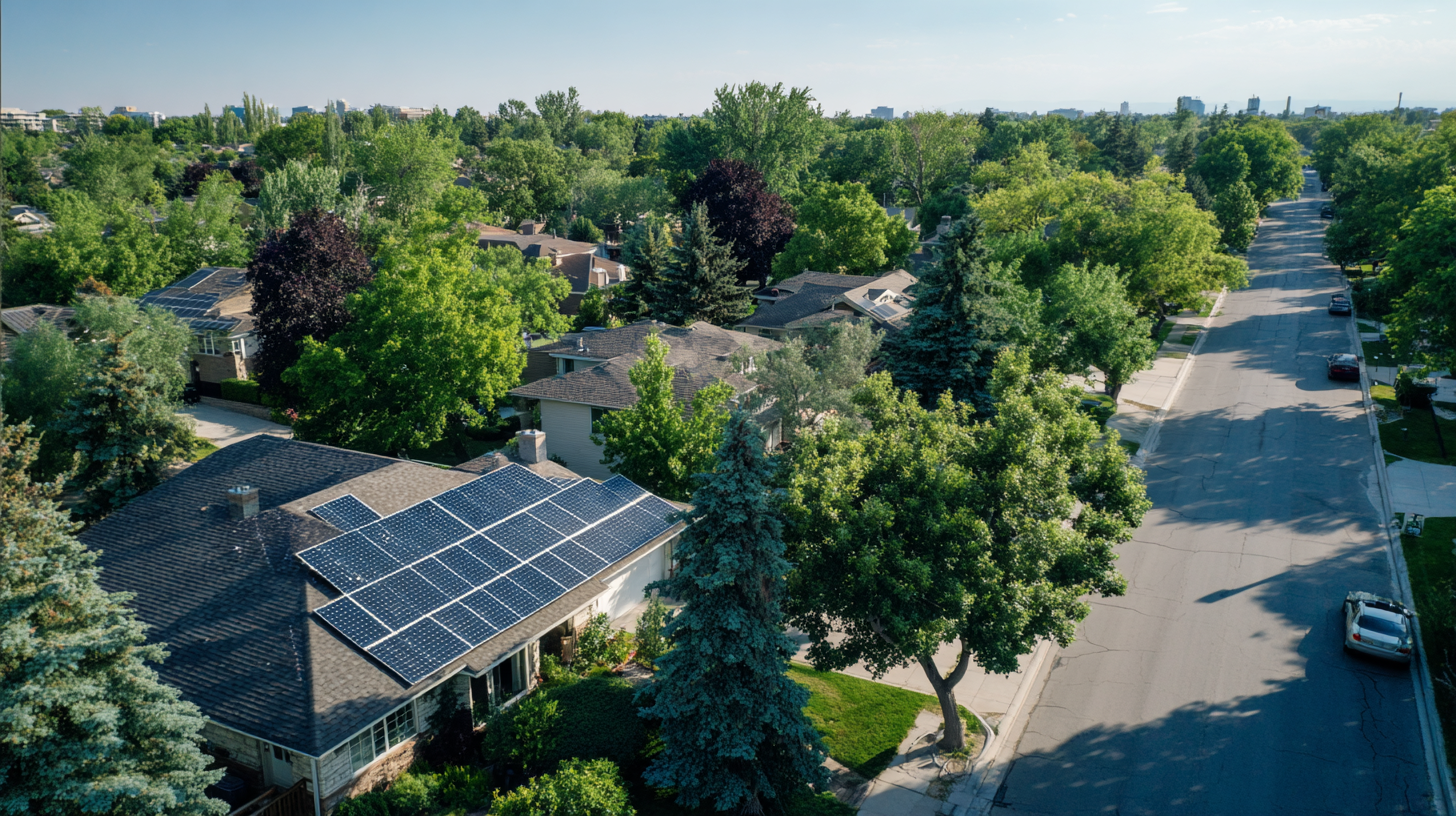
Navigating Local Regulations and Permits for Solar Energy Systems
Navigating local regulations and permits for solar energy systems can be a complex process for homeowners. Each municipality has its own set of rules and requirements, making it essential to understand the specific regulations in your area. Homeowners should start by researching local zoning laws and building codes to ensure their solar installation complies with all requirements. This step is crucial to avoid any potential fines or project delays.
**Tip:** Before proceeding with your solar project, contact your local government office or planning department to inquire about necessary permits. This proactive approach can save you time and help streamline the approval process.
Additionally, some areas may have incentives or rebates available, but they may also come with conditions that need to be met during installation. Familiarizing yourself with these programs can also aid in navigating local regulations.
**Tip:** Utilize online resources and local solar energy groups to gather insights from other homeowners who have successfully implemented solar systems. Their experiences can provide valuable tips and guidance on how to tackle regulatory hurdles effectively.
Common Challenges Faced by Homeowners When Choosing Residential Solar Solutions
Related Posts
-

Emerging Trends in Residential Solar Power Systems for 2025 and Beyond
-
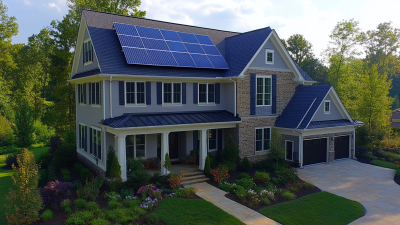
Unlock the Power of Solar Electric: Revolutionizing Sustainable Energy Solutions for Global Buyers
-
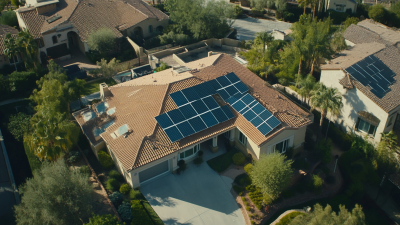
Ultimate Guide to Sourcing Solar Power Energy Solutions for Global Buyers
-
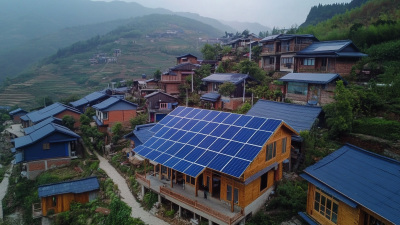
Navigating Tariff Challenges with Best Solar Power Solutions from China
-

Top 10 Solar Manufacturers from China at the 137th Canton Fair
-

Understanding the Problems with Choosing the Best Solar Power Energy Solutions

